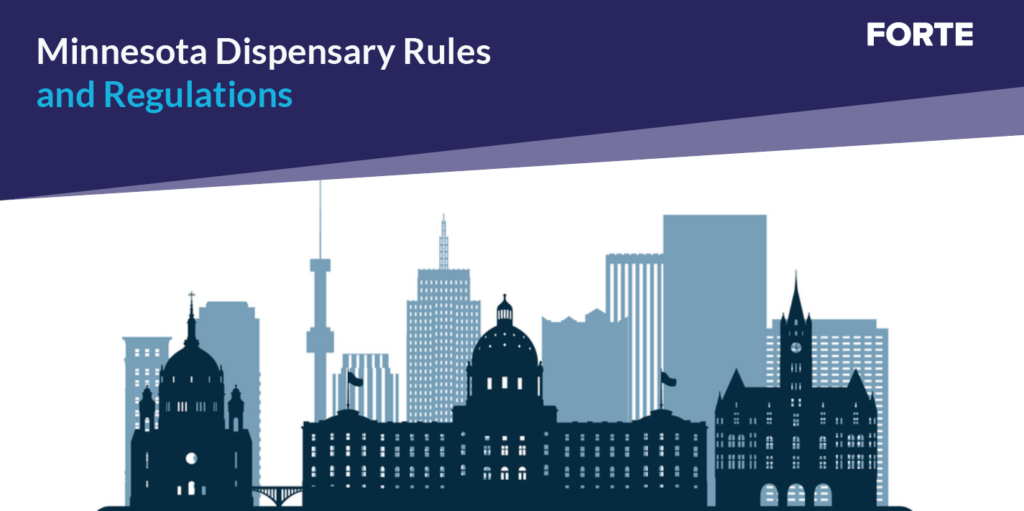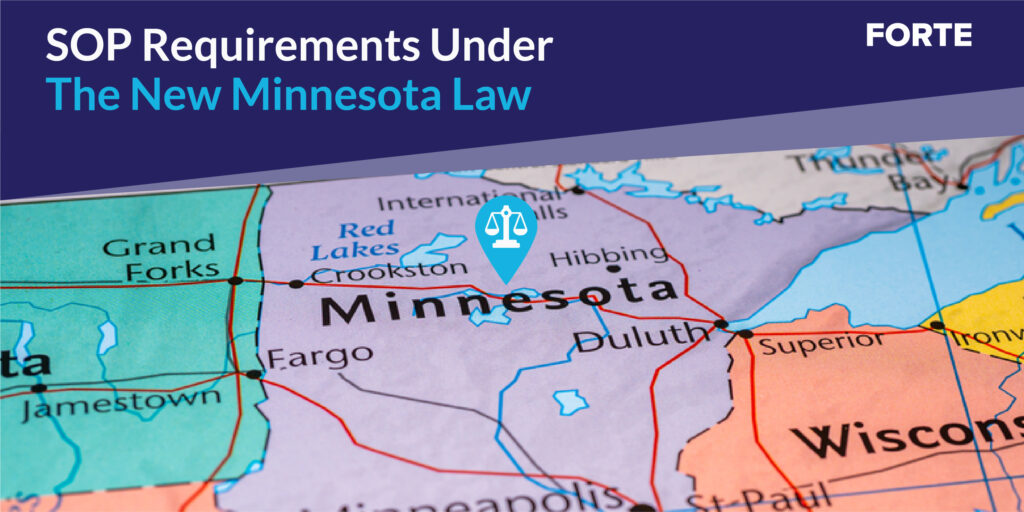As Minnesota’s cannabis world grows up, the rules for dispensaries are like the guide to making things fair and square. Whether you dream of having a weed shop or just really like cannabis, knowing these rules is super important for doing well in the legal weed world. In this post, we’re going to discuss the Minnesota cannabis regulations, cannabis license and application requirements to shape your business systematically.
What are the General Cannabis License Requirements in Minnesota?
Whether you want to apply for a cultivation license, dispensary license, or testing license, there are a few key Minnesota cannabis regulations you need follow. Before you start filling out forms, just check that you’re allowed to get one in Minnesota. Now, let’s check out the basic eligibility for the Minnesota cannabis dispensary laws.
Applicants must be at least 21 years old or above.
Applicants must fulfill applicable application and license fees.
Businesses must be incorporated or organized under state laws.
Applicant should not be employed by the office or any state agency regulating cannabis
Applicants cannot be a licensed peace officer.
Applicants should not have a prior license revoked background.
Applicants must adhere to file required tax returns for a cannabis business.
Applicants must have paid all business taxes, gross receipts taxes, interest, or penalties related to cannabis business operations.
Truthfully complied with information requests from the office.
Applicants are not disqualified under section 342.15.
Social equity applicants are only eligible if they have records and proofs of prior cannabis convictions, military service, residency in high-enforcement areas, or emerging farmer status under the Minnesota dispensary rules and regulations.
What are the Dispensary Application Requirements in Minnesota?
Minnesota’s cannabis regulations are in the early stages. It’s essential to prepare your application thoroughly to avoid any potential mistakes. To ensure a streamlined process for cannabis dispensary licenses in the states, the office has established specific forms and procedures. When applying for obtaining or renewing a cannabis license, the applicant must include the following details as per the Minnesota dispensary laws and regulations.
- Submit your name, address, and date of birth of the applicant.
- Submit the required roadmap of the management structure, ownership, and control of the applicant or license holder.
- Submit detailed information on finances. This must be provided by the applicant, directors, supervisor, manager, and other partners of the business.
- Submit the information for the potential location including the square footage for wholesaling/retailing/cultivation.
- Submit the operational plans which must include the following information.
- Submission of a security plan.
- Proof of trade name registration.
- Business plan covering expected business size, growth plans, record-keeping methods, knowledge and experience of key personnel, environmental plan, and other relevant financial and operational components.
Document Requirements:
- Submit an attestation signed by a bona fide labor organization confirming the applicant’s commitment to a labor peace agreement.
- Submit a certification of compliance with cannabis regulation related to ownership and operation.
- Identification of one or more controlling persons or managerial employees as agents for dealing with the office on all matters.
- A statement agreeing to respond to the office’s supplemental requests for information.
- Ongoing material commitments made by the applicant, including the maintenance of a labor peace agreement.
By adhering to these Minnesota cannabis regulations and requirements, applicants can facilitate a smoother process in obtaining or renewing their cannabis license under the Minnesota dispensary laws and regulations.
What are the License Transfer Rules and Regulations in Minnesota?
Licenses issued under both adult-use and medical cannabis provisions can be transferred, subject to the prior written approval of the office. The approval is at the discretion of the office and may be granted or withheld. However, social equity applicants can only transfer licenses to other social equity applicants. A new license is required under specific circumstances, such as changes in the legal business structure or dissolution of the licensee. Transfers between social equity applicants undergo review by the Division of Social Equity. Licenses need annual renewal, and holders can petition for tier adjustments if requirements are met. The office may allow licensed cannabis business relocation, with applicable rules and fees. Relocation doesn’t modify the license term.
What are the Social Equity Applicant Qualifications in Minnesota?
Here are the qualifications for social equity applicants under Minnesota’s cannabis dispensary laws:
- An applicant qualifies as a social equity applicant in various ways:
- Conviction for cannabis-related offenses before May 1, 2023.
- Having a family member convicted for such offenses before May 1, 2023.
- Being a dependent of an individual convicted for cannabis-related offenses before May 1, 2023.
- Service-disabled veteran, current or former National Guard member, or military veteran losing honorable status due to a marijuana offense.
- Residency in areas disproportionately affected by cannabis enforcement in the last five years.
- Qualification as an emerging farmer per Section 17.055, subdivision 1.
- Residency in census tracts with a poverty rate of 20% or more, or median family income not exceeding 80% of statewide median family income.
- These qualifications apply to each applicant or, in the case of a business entity, every cooperative member, director, manager, and general partner
So, these are the essential Minnesota cannabis dispensary laws, you need to know to keep your weed business on the right track. Moreover, it is vital to make sure you’re following these simple rules and regulations laid out in the Minnesota cannabis regulations. This way, you steer clear of trouble, like penalties or your application getting turned down.




